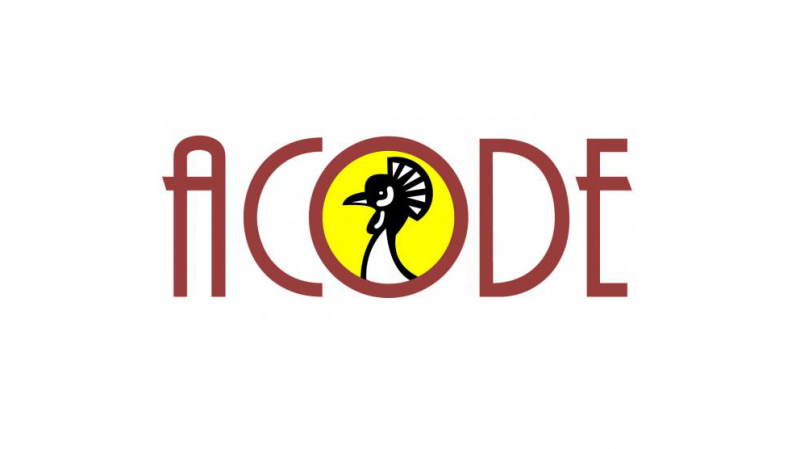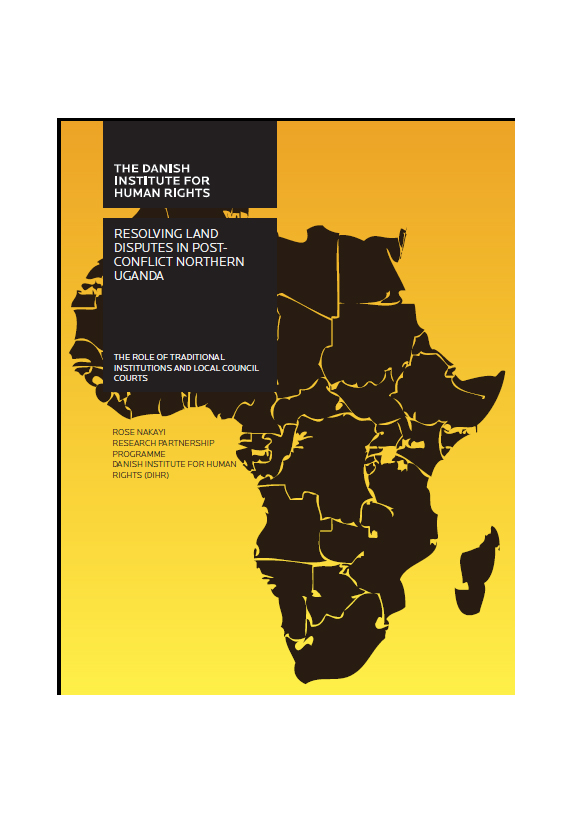Location
Kampala
Uganda
Advocates Coalition for Development and Environment (ACODE) is an independent public policy research and advocacy think tank based in Uganda working in East and Southern Africa. ACODE was first registered in 1999 as a Non-governmental organization (NGO). In 2004, the organization was incorporated as a company limited by guarantee and without having a share capital. ACODE is one of the most dynamic and robust regional leaders in cutting-edge public policy research and analysis in a range of areas including governance, trade, environment, and science and technology. ACODE has, for the last four consecutive years, been ranked in the Global Go To Think Tank Index as one of the best think tanks in Uganda and one of the top think tanks in the world. Think Tanks in Africa continue to play a major role in policy development and implementation. The Advocates Coalition for Development and Environment (ACODE) has been ranked 23 out of 92 Top Think Tanks in Sub-Saharan Africa and 29 out of 90 globally with Best Advocacy Campaign in the 2015 Global Go To Think Tank Index Report (TTI), led by the University of Pennsylvania through its Think Tanks and Civil Societies Program (TTCSP).
ACODE is non-partisan and independent and therefore does not align with any political party or political organisation. However, given the direct relationship between development policy and politics, we believe that our work is political and it must stand for certain political causes of a bi-partisan nature. Such causes are legitimate issues of research interest so long as they are defined on the basis of constitutionalism, the rule of law as well as national and regional interests as expressed in the relevant treaties, strategy documents and declarations. ACODE's work is based on three broad programmes areas: Environmental Democracy, Peace and Democracy, and Innovation and Biotechnology Policy. Our core business is to undertake advocacy-driven public policy research and analysis on contemporary and emerging public policy and governance issues that have a significant impact on national development.
Members:
Resources
Displaying 31 - 35 of 52If women hold up half the sky, how much of the world’s food do they produce?
This paper explores, conceptually and empirically, the question of how much food is produced by women. Data for labour inputs and agricultural output are used to assess women’s contribution to food and agricultural production. The study also assesses gender differences in productivity. The paper finds that a precise measure of women’s contribution to food production is impossible to establish. In general women do not produce food separately from men and it is impossible to disaggregate men and women’s contributions either in terms of labor supplied or in terms of output produced.
RESOLVING LAND DISPUTES IN POST-CONFLICT NORTHERN UGANDA
Post-conflict northern Uganda has witnessed an increase in disputes over land. This has, to a great extent, been as a result of the armed conflict and its aftermath. Beyond that, other chaotic factors embedded in various social, legal, economic, and political aspects of this society have influenced the nature, gravity, and dynamics of these disputes and the way in which Traditional Institutions and the Local Council Courts have attempted to resolve them.
Does customary tenure have a role in modern economic development?
Over 80% of all land in Uganda is held under unregistered ‘customary tenure’. This means that it is private property, but the owners need no documents to prove ownership. Their claims to the land, and the boundaries of the land, are locally recognised, and this recognition is given the full protection of State law.
Land or Else
Northern Uganda is the scene of one of the world’s most volatile and spontaneous processes of reintegration. There are approximately 1.1 to 1.4 million people in the Acholi sub-region at the time of writing3 ; 295,000 internally-displaced persons (IDPs) remain displaced either in IDP camps or transit sites. Approximately 800,000 Acholis have already left the camps and spontaneously returned home over the last three years.
TENURE IN MYSTERY
Tenure in Mystery collates information on land under conservation, forestry and mining in the Karamoja region. Whereas significant changes in the status of land tenure took place with the Parliamentary approval for degazettement of approximately 54% of the land area under wildlife conservation in 2002, little else happened to deliver this update to the beneficiary communities in the region. Instead enclaves of information emerged within the elite and political leadership, by means of which personal interests and rewards were being secured and protected.





